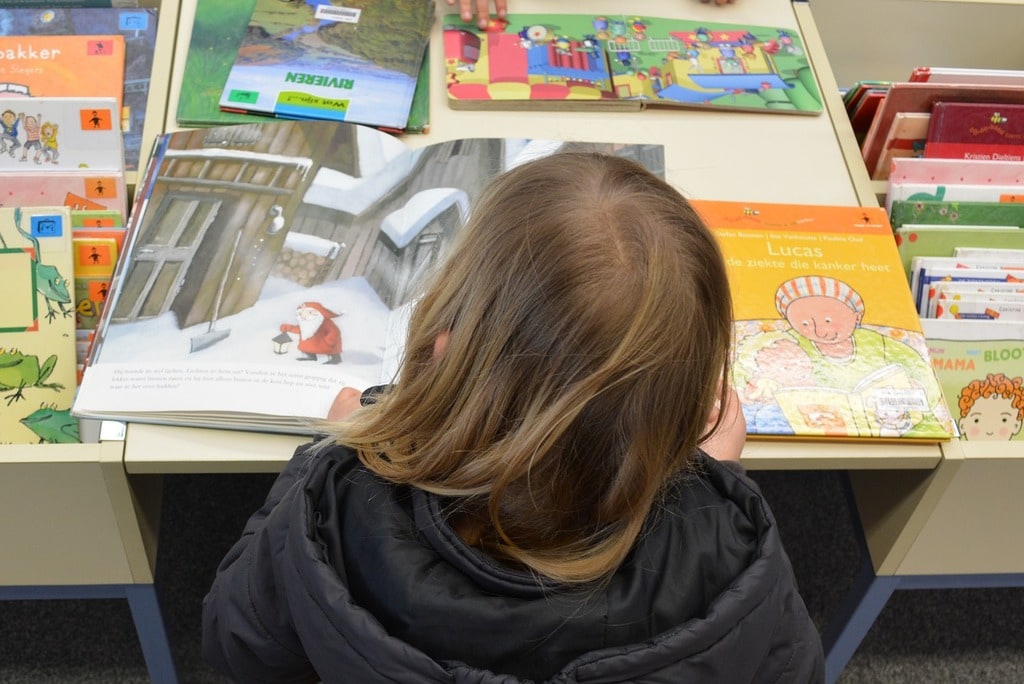Improving language skills is a fundamental aspect of personal and professional development. Whether you are learning a new language or looking to enhance your proficiency in your native tongue, various educational resources can significantly aid this process. From traditional methods like books and classrooms to modern technology-driven solutions such as apps and online courses, the range of available tools is vast and diverse.
Comprehensive Educational Resources for Language Skill Enhancement
Books have long been a cornerstone in the journey of language learning. They provide a structured and in-depth exploration of grammar, vocabulary, and usage. Textbooks designed specifically for language learning, such as “English Grammar in Use” by Raymond Murphy, are excellent for building foundational knowledge. Additionally, reading novels, newspapers, and magazines in the target language can expose learners to practical usage and cultural nuances, fostering a deeper understanding and appreciation of the language.
Online Courses and Tutorials
The advent of the internet has revolutionized access to educational resources. Online courses and tutorials offer flexibility and a wealth of information at one’s fingertips. Websites like Coursera, Udemy, and Khan Academy provide comprehensive courses on various languages, taught by experts from around the world. These platforms often include interactive elements like quizzes, assignments, and peer reviews, which can greatly enhance the learning experience.
Additionally, YouTube has become a valuable resource for language learners. Channels such as “Learn English with Emma” or “Français Authentique” offer free, high-quality tutorials that cover everything from basic grammar to advanced conversational skills. The visual and auditory elements of videos make them an engaging way to learn and practice a new language.

Language Learning Apps
Language learning apps have surged in popularity due to their convenience and interactive approach. Apps like Duolingo, Babbel, and Rosetta Stone offer structured lessons that adapt to the learner’s pace. These apps incorporate gamification elements, such as rewards and progress tracking, making the learning process more engaging and motivating.
Moreover, some apps provide features like speech recognition and pronunciation guides, helping learners improve their speaking skills. By integrating short, daily practice sessions, these apps fit seamlessly into busy schedules, ensuring consistent progress.
Immersive Experiences
Immersion is one of the most effective methods for mastering a new language. This can be achieved through travel, where one is surrounded by native speakers and can practice the language in real-life situations. However, even if travel is not possible, there are other ways to create an immersive environment. For example, watching movies, TV shows, or listening to music in the target language can help learners get accustomed to natural speech patterns and cultural contexts.
Joining language exchange programs or conversation groups can also provide valuable practice. Platforms like Tandem and HelloTalk connect language learners with native speakers for reciprocal language practice. This not only improves language skills but also offers cultural exchange and networking opportunities.
Utilizing Technology and Media
Technology offers numerous innovative ways to enhance language learning. Podcasts and audiobooks are excellent tools for improving listening skills. Resources like “Coffee Break Languages” provide podcasts specifically tailored for language learners, featuring conversational lessons that can be easily integrated into daily routines.
In addition, interactive websites and software, such as Memrise or Anki, use spaced repetition systems (SRS) to help learners memorize vocabulary more effectively. These tools leverage cognitive science principles to ensure that new words and phrases are retained in long-term memory.
Effective Study Techniques
To maximize the benefits of these resources, it is essential to employ effective study techniques. Here are some strategies to consider:
- Set specific, measurable goals for your language learning journey.
- Practice consistently, even if it’s just a few minutes each day.
- Engage in active learning by speaking, writing, and thinking in the target language.
- Use a variety of resources to expose yourself to different aspects of the language.
- Seek feedback from native speakers or language instructors to correct mistakes and improve proficiency.
Creating a Supportive Learning Environment
A supportive learning environment can greatly enhance the language learning experience. Surround yourself with supportive friends, family, or community members who can provide encouragement and practice opportunities. Joining language learning forums or social media groups can also offer additional support and motivation.
In summary, improving language skills requires a combination of diverse educational resources and effective study techniques. By leveraging traditional methods, modern technology, and immersive experiences, learners can achieve significant progress and enjoy the journey of mastering a new language. Remember to stay motivated, practice consistently, and make use of the wide array of tools and resources available to support your learning journey.
